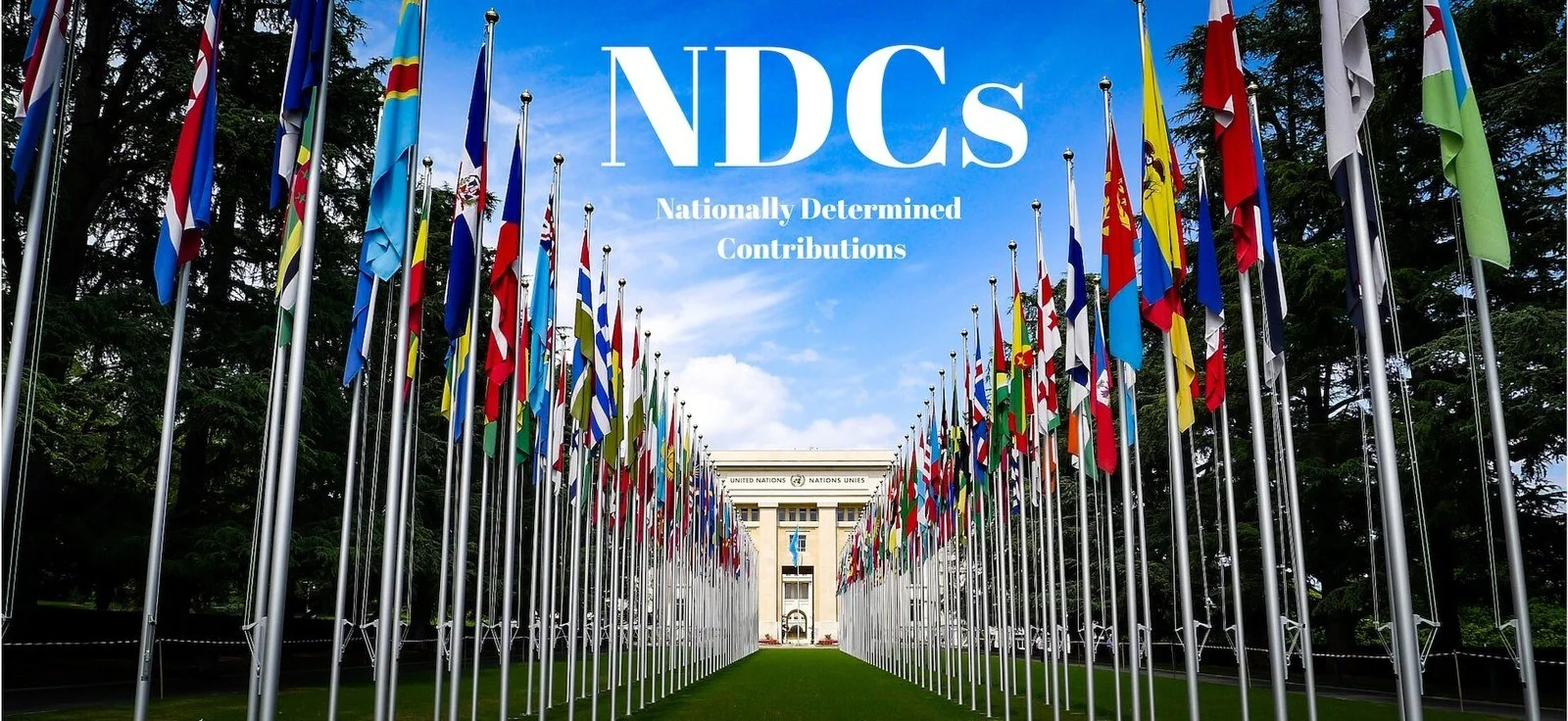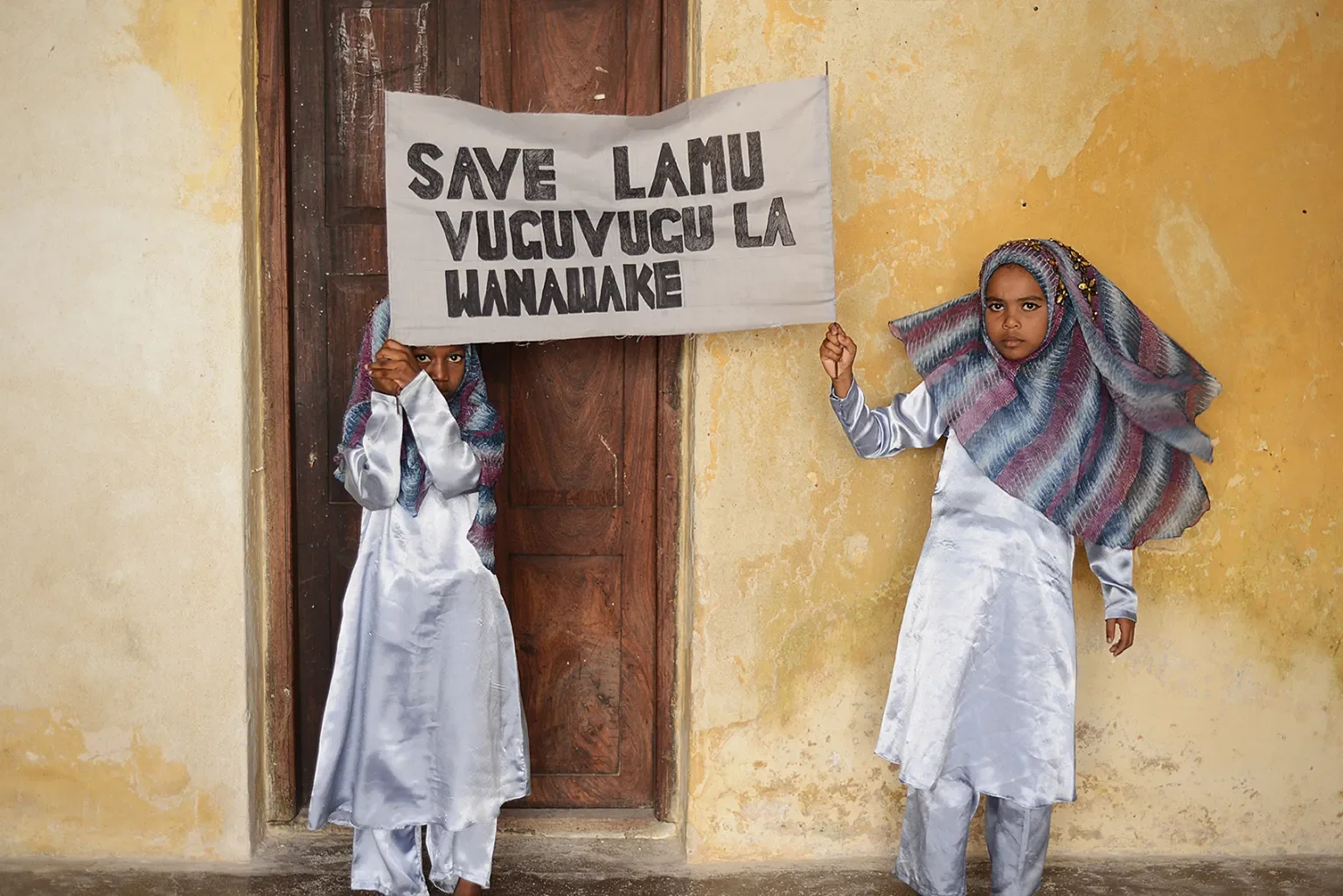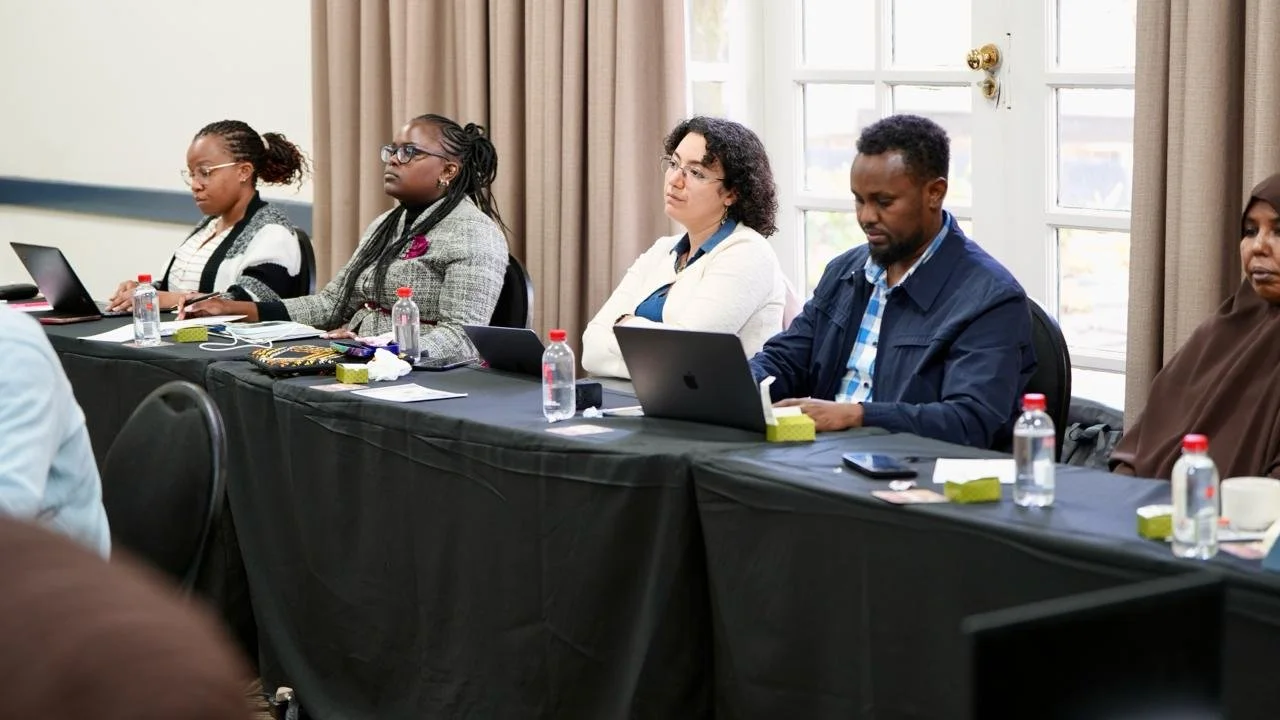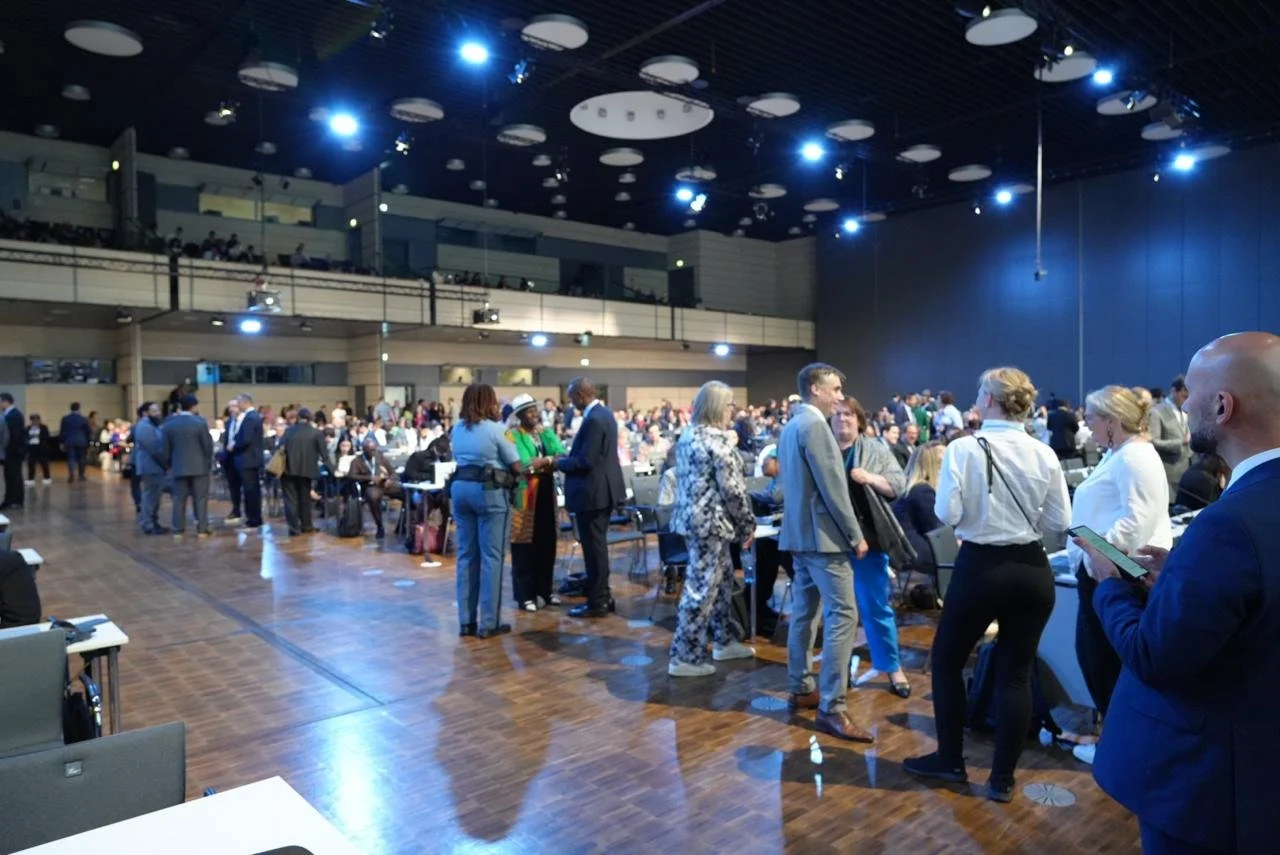Blog
Leading from the Tail: Major countries that failed to submit their NDCs
When the deadline for submitting Nationally Determined Contributions (NDC) lapsed last month, more than 100 countries had yet to update their commitments. The UN had extended the deadline to September after 90 percent of the world's nations failed to meet the initial target of February. Seven of these countries, and a regional bloc, are industrial powerhouses with carbon-intensive economies and significant diplomatic sway globally. So, where do they rank in the global emissions output? In this list of shame, we will highlight the main drivers of their emissions, the composition of their electricity mix, and the last time they updated their NDCs.
A Life a Minute: Human Toll of Delayed Climate Action
One person dies every minute in the world due to heatwave-related health complications. Yes, one life snuffed out per minute.
This means that, by the end of 2025, more than 500,000 lives will have been lost to heat exposure alone. When you factor in fatalities from other climate disasters, the number runs into millions.
#Adapt2Win: World athletes take the stage for climate adaptation ahead of COP30
The final whistle: Adapt2Win, by leading social impact agency WRTHY, is a bet on both narrative and the political muscle of cultural influence. It recognises that climate politics is not decided solely in negotiation halls, but also in living rooms, stadiums and on social feeds. By assembling a global team of athletes, the campaign redefines adaptation as a bold and achievable strategy, rather than a debatable choice.
The United Nations At 80: A Lifetime Through Humanity’s Highs and Lows
If the United Nations were a human born in 1945, it would have grown up in a world of war, pandemics, refugee crises, hunger, technological miracles, and a planet on the brink. This piece traces that imagined life story — one filled with survival, breakthrough, heartbreak, and hope — to question whether the global future the UN was created to protect is still within reach.
TIMELINE OF EVENTS: LAMU COAL PROJECT
For over a decade, the people of Lamu have stood firm against a proposed 1,050 MW coal power plant backed by Amu Power Company Ltd. The plant was to be constructed on Manda Bay in Lamu, within the rich, biodiverse ecosystem of the Lamu Archipelago
Global Food Security: Five numbers that matter
When it comes to the food security situation in the world, there’s no shortage of numbers. To the average African, however, many of these numbers are just that: cold, lifeless, abstract statistics. Mind-numbing and confusing.
This World Food Day, we attempt to make sense of some of the numbers that feature in food security conversations and how these determine your dinner plate, and whether you can afford the dinner.
WHERE IS THE MONEY? AFRICAN CLIMATE POLICY EXPERTS AND THINK TANKS ASK AS TALKS ON ADAPTATION FINANCE KICK OFF IN SOUTH AFRICA
For too long, adaptation has been the proverbial neglected stepchild of international climate negotiations. The world’s attention and money have mostly gone towards mitigation, which in this case means cutting emissions, building renewables, and, in some instances, setting carbon prices; while adaptation, which deals with surviving and thriving in the face of climate impacts already unfolding, has been left behind.
Fossil financing is declining, but where’s renewables’ cash?
Funding for fossil fuel projects globally decreased by 78 percent in 2024, according to a report by the International Institute for Sustainable Development (IISD).
Countries slashed public financing for oil and gas projects by between $11 and $16 billion.
While this injects some thrust into the fossil fuel phaseout journey, renewable energy investments aren’t spiking – at least not fast enough. Only a fifth of the money recovered from fossil investments is finding its way into renewables.
They came, they saw, they stole: Why these carbon markets projects failed to deliver on their promises
Power Shift Africa has been a strong and vocal critic of carbon markets in Africa as they, like the fossil fuel industry, serve the interests of polluters and not communities. Evidence against these controversial projects is mounting.
See you in court! Five climate litigation cases you should know about
Across continents, ordinary people, young and old, are taking on governments and corporations over their failure to act on the climate crisis.
Explainer: Understanding Climate Reparations and Africa’s Demand for Climate Justice Ahead of COP30
Climate reparations are gaining attention ahead of COP30 in Brazil. In this explainer we breakdown why African nations and global activists say developed countries must pay for historical pollution, colonialism, and loss and damage from climate change.
DONALD TRUMP WAS RIGHT, CLIMATE CHANGE IS A CON JOB… JUST NOT THE ONE HE THINKS
Before you hurl the epithets at us, think about this: the heating of the planet is the biggest crisis humanity has ever faced, but it is also the biggest opportunity for business-as-usual grifting. Carbon markets, fake finance, extraction in green disguise, net zero pledges without substance, all of it amounts to a massive transfer of responsibility and cost from the Global North to the South. So, when Trump sneered that climate change was a “con job” as he addressed this year’s United Nations General Assembly, he was right. Not in the way he meant, but in the sense that the climate agenda has been hijacked by con men in suits who’ve discovered that you can turn planetary survival into just another racket.
20 OF THE BEST SPEECHES AT UNGA THAT BROUGHT THE CLIMATE CHANGE STORY HOME
Each September, the United Nations General Assembly (UNGA) transforms New York into the world’s political epicentre.
ONE WEEK AFTER ADDIS, AFRICA’S MOMENT OF PRIDE SHINES ON
ACS 2.0 was more than a summit. It was a statement of intent that Africa will no longer be defined by what it lacks, but by what it contributes
PEOPLE VS POWER: AS SADC SEEKS ENERGY AND INDUSTRY TRANSITIONS, PLUNDER AND PILLAGE ARE ON GOVERNMENT CARDS, BUT THE PEOPLE WANT JUSTICE AND EQUITY
PEOPLE VS POWER: AS SADC SEEKS ENERGY AND INDUSTRY TRANSITIONS, PLUNDER AND PILLAGE ARE ON GOVERNMENT CARDS, BUT THE PEOPLE WANT JUSTICE AND EQUITY
10 things to note from the Addis Ababa Declaration on Climate Change and Call to Action
LISTICLE: 10 things from the Addis Ababa declaration that cut through the noise.
COP30: Mad men fuelling madness
The decision by the Brazilian COP30 presidency to award a media contract to Shell-linked PR agency Edelman has outraged climate experts globally. See the reflections in this piece.
Gardens of Grace: Agricultural adaptation in action
On the outskirts of Johannesburg, a previously abandoned and crime-ridden patch of land has been transformed into a thriving oasis of food and hope. At Gardens of Grace, Mama Judy and a group of women farmers are proving that agroecology is more than theory; it is adaptation in action.
Where invasive bushes once stood, rows of spinach, pumpkins, and fruit trees now flourish. Chickens help control pests, compost nourishes the soil, and herbal plants like moringa and artemisia thrive alongside vegetables.
TOO VAGUE, TOO LATE: WAS THE BONN GGA TEXT A LONG CON?
In this sharp analysis of the Bonn Global Goal on Adaptation (GGA) text, Juma Ignatius argues that while technical progress was made on adaptation indicators, the vague and ambiguous language risks undermining accountability. Without clearer commitments, especially on finance, developing nations could be left navigating a dangerously diluted framework. The real test, he says, lies ahead: turning paper promises into equitable, measurable support on the ground.
Explainer: The Green Climate Fund 101
The Green Climate Fund (GCF) is the world’s largest climate finance mechanism, created to help developing countries respond to the climate crisis. Despite global promises, climate finance still falls far short of what’s needed—especially for those most affected.
Funded mainly by developed countries, the GCF disburses resources through accredited partners, with a strong focus on country ownership and alignment with national priorities.
In 2025, Power Shift Africa became an accredited African Observer, strengthening Africa’s voice in global climate finance decisions and pushing for more accessible funding for adaptation and just transitions.



















